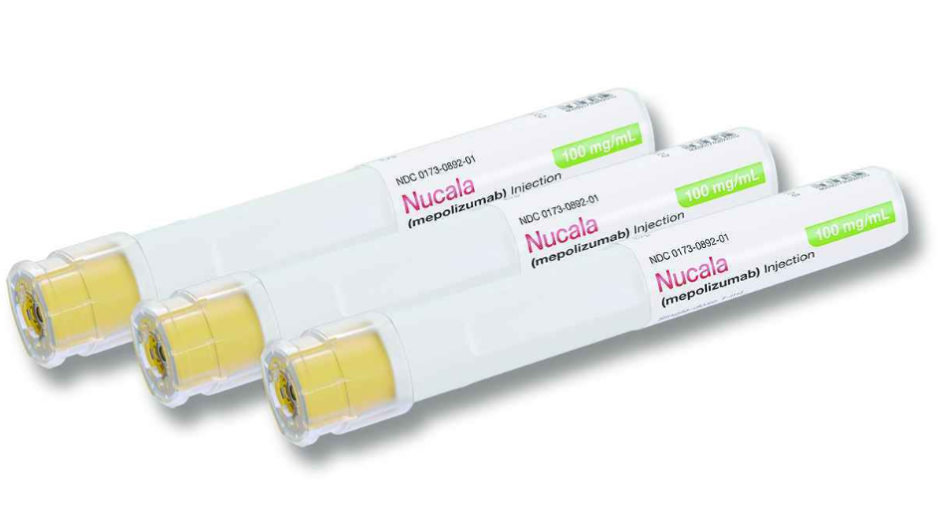In a blow to rural and cancer hospitals, U.K. drug manufacturer GlaxoSmithKline (GSK) is ending voluntary 340B pricing for them on its blockbuster severe asthma drug Nucala and first-line advanced ovarian cancer drug Zejula.
Drug wholesaler AmerisourceBergen recently posted a notice on its website from GSK to covered entities about the end of voluntary 340B discounts on the two orphan drugs effective July 1.
U.S. Nucala sales in 2021 were $949 million. U.S. Zejula sales last year were $291 million.
Congress granted rural referral centers, sole community hospitals, critical access hospitals, and free-standing cancer hospitals 340B eligibility in 2010. The same law, though, said manufacturers did not have to give these hospitals 340B discounts on drugs designated for a rare disease or condition.
The U.S. Health Resources and Services Administration (HRSA) published a final rule in 2013 stating that 340B discounts were required when orphan drugs were used for non-orphan conditions. A federal district judge vacated that rule in 2014 and a HRSA replacement rule in 2015 that would have achieved the same result. Bipartisan bills have been introduced in the U.S. House ever since to rewrite the 340B orphan drug exclusion along the lines that HRSA proposed. The bills have died in each congressional session, however.
Some manufacturers have continued to offer voluntary 340B pricing on some or all of their orphan-designated drugs to the affected hospitals. Some major companies recently have stopped, however.
AstraZeneca on June 1 stopped offering voluntary 340B pricing on its orphan drugs to the hospitals. Johnson & Johnson ended voluntary 340B pricing on orphan drugs to the hospitals at the end of 2021, and Amgen at the end of 2020.
GSK, AstraZeneca, J&J, and Amgen are among the 16 drug manufacturers that put conditions on 340B pricing when covered entities use contract pharmacies.
As of February 2021, about 4,200 drugs had a total of roughly 5,800 designations to treat orphan diseases, according to the U.S. Health and Human Services Department (HHS) Office of Inspector General (OIG). Among the 20 drugs with the highest Medicare Part B expenditures, 16 had at least one orphan designation.
A research letter published this morning in JAMA found that, among a sample of 548 brand-name drugs introduced in the U.S. between 2008 and 2021, the 27 with orphan designations had the highest launch prices (median price $263,847 per year versus $20,657 for all the drugs studied). Mean launch prices for orphan drugs increased by 4.5% per year more than for non-orphan drugs.
The Institute for Clinical and Economic Review (ICER) in April recommended lifting the 340B pricing exclusion for orphan drugs when the drugs are used for non-orphan diseases or conditions. ICER is an influential independent nonprofit group that analyzes the clinical and cost effectiveness of drugs. Drug manufacturers have criticized ICER’s drug value assessments on multiple grounds.
OIG said in an October 2021 report that the 340B orphan drug exclusion “may provide significant financial incentives for manufacturers to seek orphan designation for drugs approved to treat common diseases or conditions.”
A study published in Health Affairs in March 2021 found that just one-fifth of spending on the fifteen top-selling drugs designated for orphan and non-orphan indications (“partial orphan drugs”) was for orphan indications. The authors recommended limiting the 340B orphan drug exemption as HRSA wished to in its regulation and as House members wish to in their bill.


